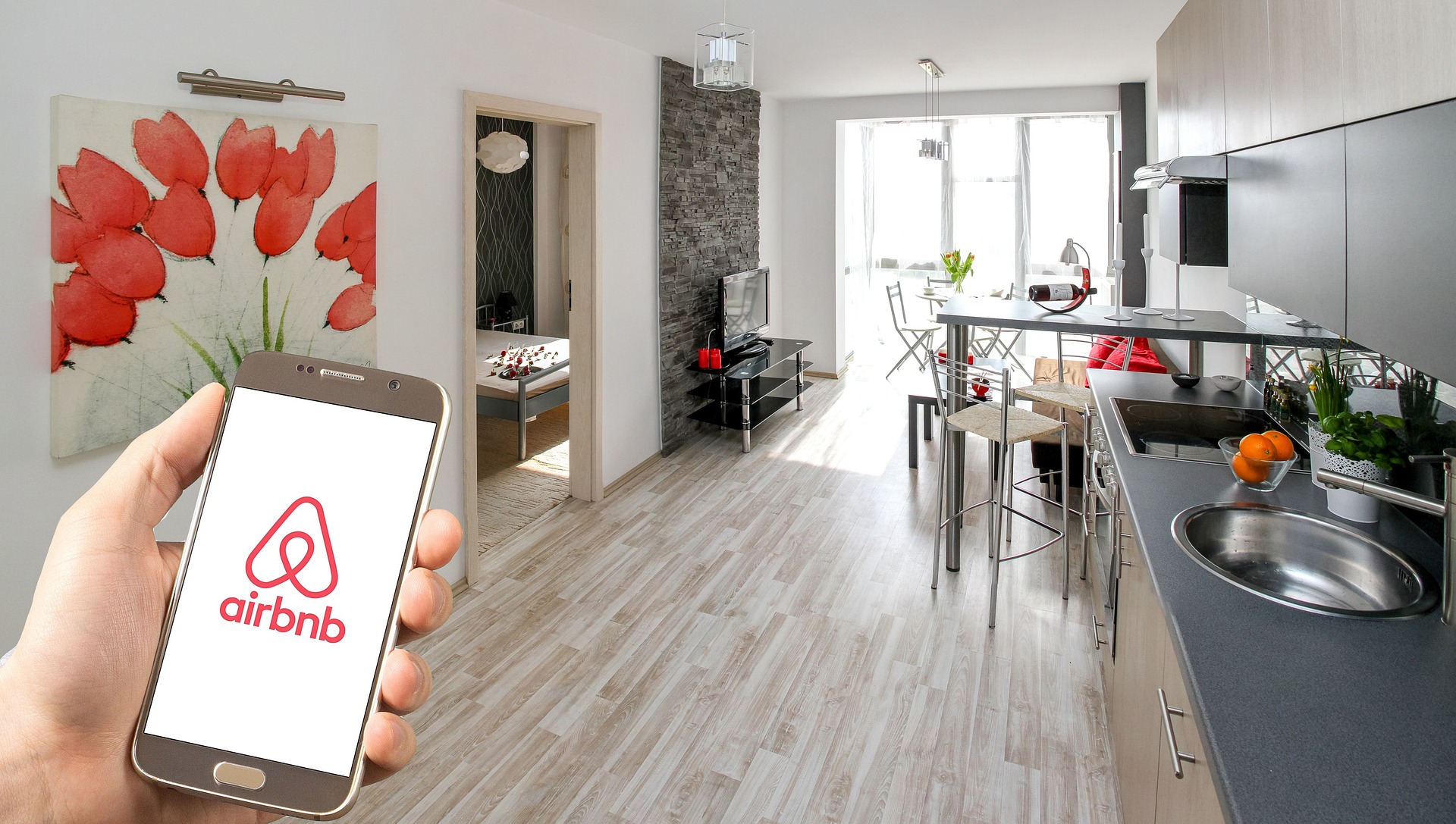Over the last two decades, companies like Airbnb have become incredibly popular. Popping up in cities all over the globe, from Los Angeles to Edinburgh to Tokyo and beyond, it’s gained considerable fame and a loyal customer base, although at what cost to locals?
Airbnb is a company that was founded in 2008 with an innocent enough goal: to provide an easy way for travellers to find a place to stay without having to deal with a long, complicated, and tiring search for accommodation. The business found instant success, its customers coming from all walks of life including both tourists and businesspeople, although unwanted effects on local people and economies soon started cropping up.
A study by the US’ National Bureau of Economic Research showed that a 1% increase in Airbnb listings leads to a 0.018% increase in renting prices across the board and a 0.026% increase in house prices. In addition to this, cities across the world where the company is active, especially more popular destinations such as London, Berlin, or New York, have been experiencing a massive shift of landlords from offering long-term lets (i.e. a family renting an apartment or a graduate moving to the city for a job) to offering short-term lets via services such as Airbnb, effectively closing off significant percentages of available housing within a country or city from the local populace.
In 2017, the number of active Airbnb listings in the UK was at 168,000 and in just one year that number had risen to 223,000, a massive share of the UK letting market. This number is rising year by year and that is only considering Airbnb’s clients. Furthermore, a nationwide survey on this issue showed that 10% of the UK’s landlords were already considering making the move from long-term lets to short-term lets via services like Airbnb. An already unhealthy housing market, a situation that is shared by most of the world’s cities, is further weakened and destabilised by this influx of holiday homes and vacation villas.
Airbnb claimed within a UK insights report that between the years of 2017 and 2018, 3.5 billion pounds were added to the British economy via hosts and guests using the service. Economists and legislators debate the effects and benefits of the untethered use of this service across the globe. Even if billions in pounds, dollars, or euros are made it doesn’t hide the fact that an unhealthy housing market lies beneath (which in most cases means an unhealthy economy). Different battles fought over legislation to muzzle the company have been won and lost. In 2020, the Airbnb was able to win a major legal battle within a top EU court to classify itself as an ‘information society service’ rather than an estate agency which allowed it to circumvent many pieces of legislation that would’ve prevented it from expanding so freely in European capitals.
As the world slowly thaws from a pandemic that essentially shutdown most international travel, it will be interesting to see how the sector rebuilds itself. Airlines are gaining traction again and companies such as Airbnb will now suddenly have a massive influx of customers worldwide. How will this affect legislation around the world? How will this affect landlords and travellers using the service? And maybe most important of all, how will this effect locals just trying to rent or buy a home in their own countries?


